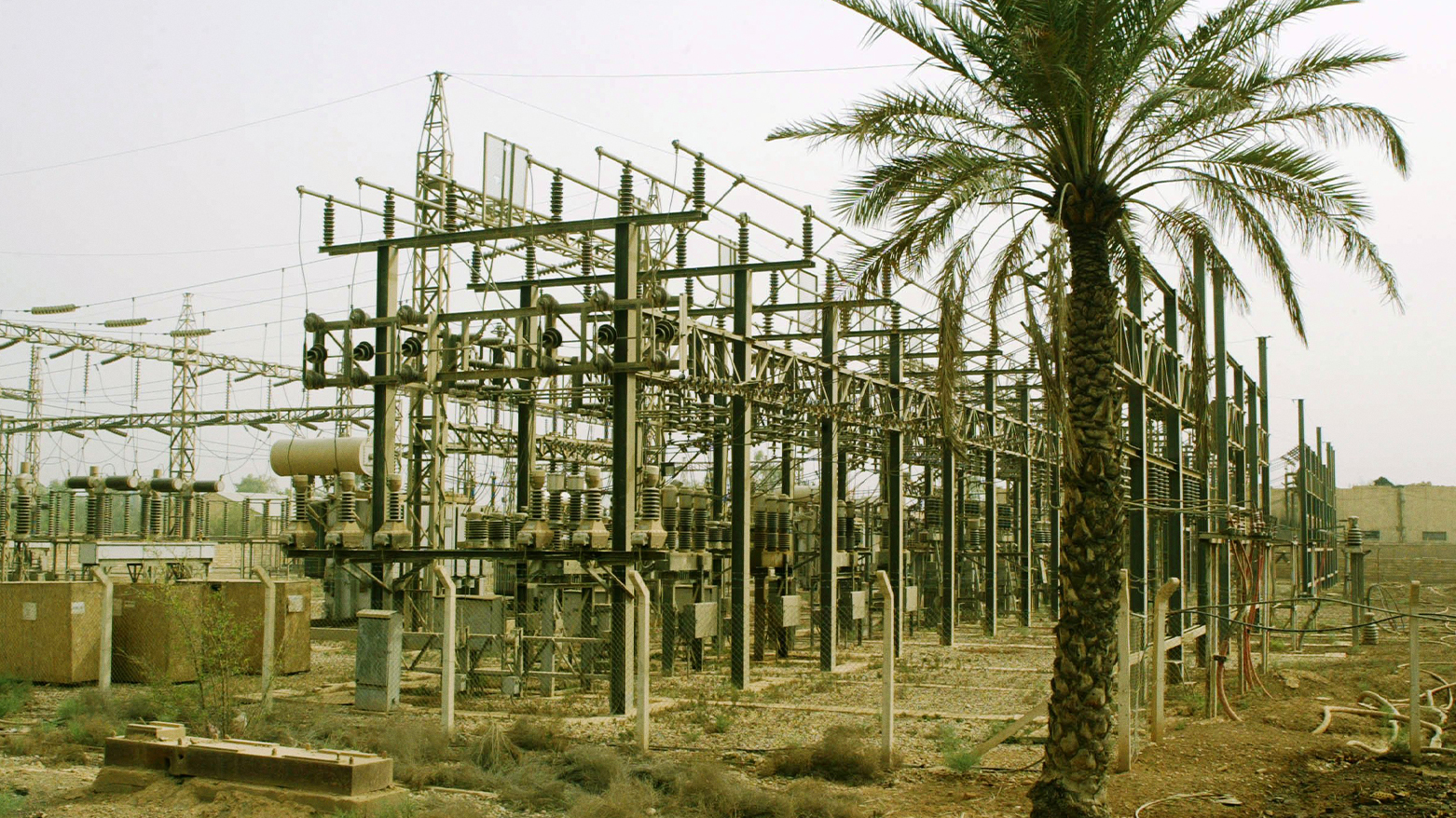New Procedure for Funding Iraqi Purchase of Iranian Electricity, as U.S. Approves Sanctions Waiver

WASHINGTON DC, United States (Kurdistan 24) State Department Spokesperson Matthew Miller confirmed on Thursday, in a press briefing, that the Biden administration had issued a 120 day waiver regarding the Iranian sanctions regime, enabling Iraq to buy electricity from Iran—an issue of particular importance, as the scorching Middle Eastern summer approaches.
This has been a routine matter since 2018—when Donald Trump was president. 2018 was the year that Trump left the Iranian nuclear deal, re-imposing sanctions on Iran, as he did so.
And that created the need for Iraq to seek a waiver to import Iranian electricity. Before, once the Obama administration concluded the nuclear deal, sanctions on Iran ended, and Iraq was freely importing electricity from Iran.
Once sanctions were re-imposed, Iraq needed a waiver in order to continue the electricity imports, which were absolutely essential to the well-being of the population and the country’s political stability.
Although journalists at the State Department briefing pressed Miller about the wisdom of the latest sanctions waiver, they seemed unaware of this basic point: it was the re-imposition of sanctions that created the need for such waivers in the first place.
Nor did they–or anyone else–have any idea of where Iraq would get the electricity it needs, if not from Iran.
Miller replied to their questions, relying on the fact that Trump had been tough on Iran, a point that is widely known.
“This is not just a decision that has been made by this Secretary [of State],” he said. “It is a decision that was made by a previous secretary appointed by a previous president in the administration immediately preceding ours,” as he noted,“This is now the 21st time that this particular waiver has been issued.”
But Iran’s Pressure on Iraq Caused Change to Procedures
The money that Iraq pays Iran for electricity does not go directly to Iran. Rather, it goes into an escrow account, which Iran can draw on for specific humanitarian purposes that are approved by the U.S.
Until the summer of 2023, those funds went into an escrow account in an Iraqi bank. However, Iran would pressure Iraq to release those monies outside the established procedures by cutting the flow of electricity to Iraq during the hot summer months.
So the Iraqi government asked that the Iranian funds be deposited into a bank account elsewhere, and the Biden administration agreed to its request. Since July 2023, the money that Iraq pays Iran for electricity goes into an account in a bank in Oman.
Miller also explained that the situation was improving. “Iraq has been making real progress on its path towards energy sufficiency since 2020,” he said.
“It has cut its imports of Iranian energy by more than half,” he continued. “Over the last decade, it has doubled its own electricity generation, and we will continue to work with them and support them as they try to become energy independent.”
Iranian Support for Terrorism
The Biden administration has taken a significantly tougher line toward Iran with the aggressive posture that Tehran and its proxies have assumed since last October, when the war began in Gaza between Israel and Hamas.
Read More: Biden: Need to Contain ‘Threat Posed by Iran’
In line with that new posture, Miller denounced Iran’s support for terrorism, while he seemed to avoid dealing with the fact that money is fungible. If Tehran receives funds for humanitarian supplies, it can use the money that it would have spent on such goods for nefarious purposes, including terrorism.
“Iran is always going to fund terrorism,” Miller stated in responding to the complaint that money is fungible. “It’s always going to fund destabilizing activities—that is the first item it commits to when Iran is going through whatever budget process it is that Iran goes through.”
That is a very big turn-around since January 2021, when the Biden administration took office. Its top priority in the Middle East then was to establish an opening to Iran, focused on restoring the Iranian nuclear deal. A lot has changed in the three years since.
